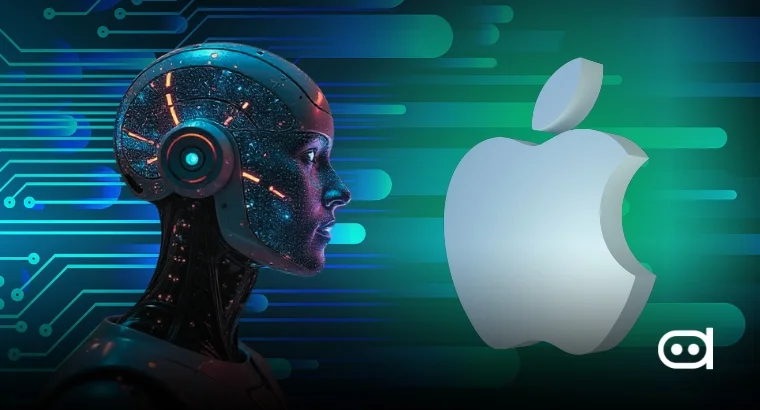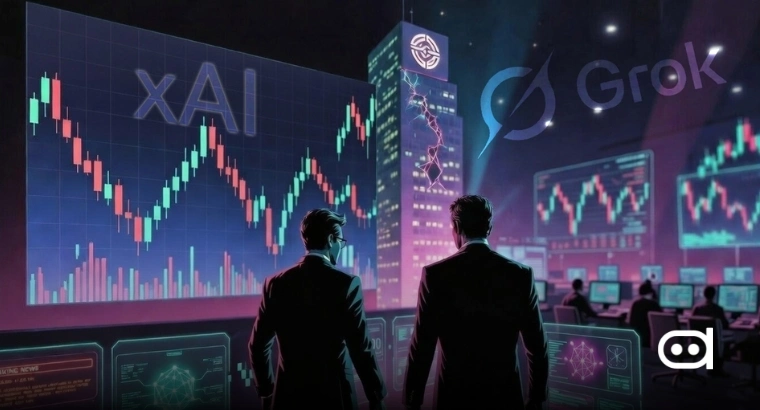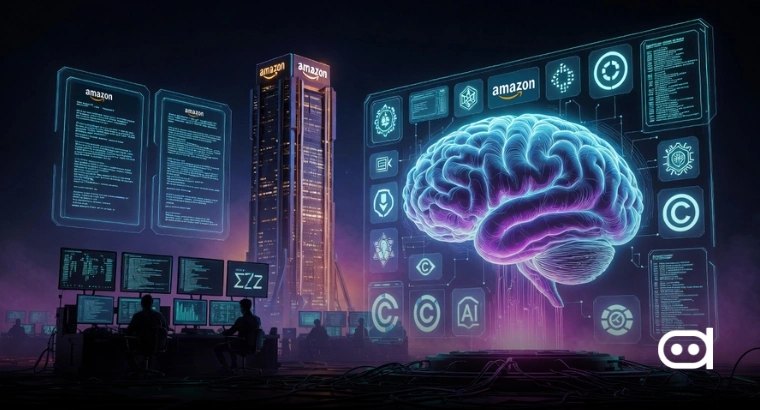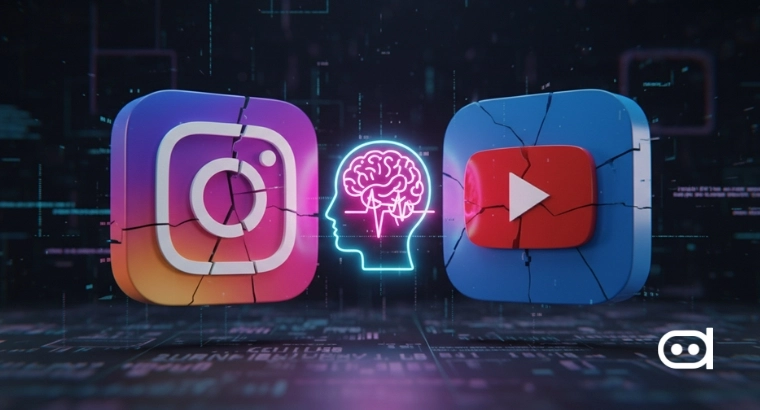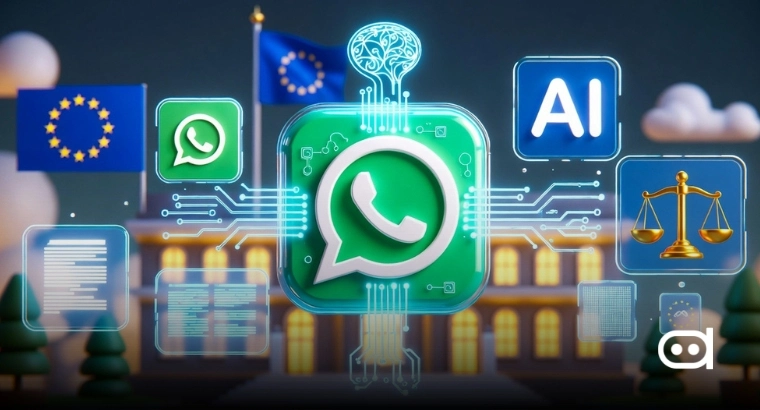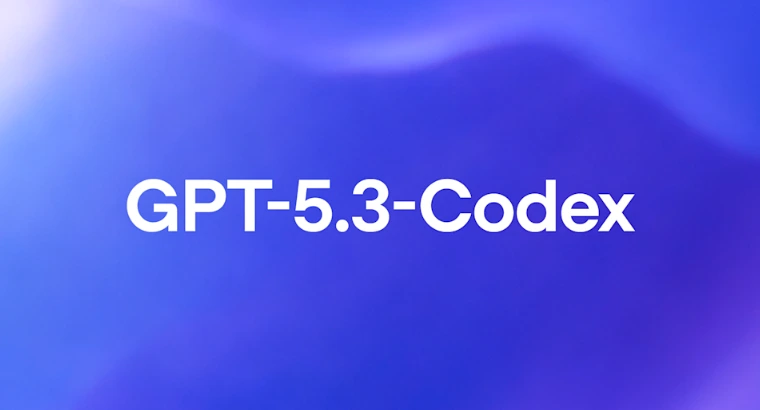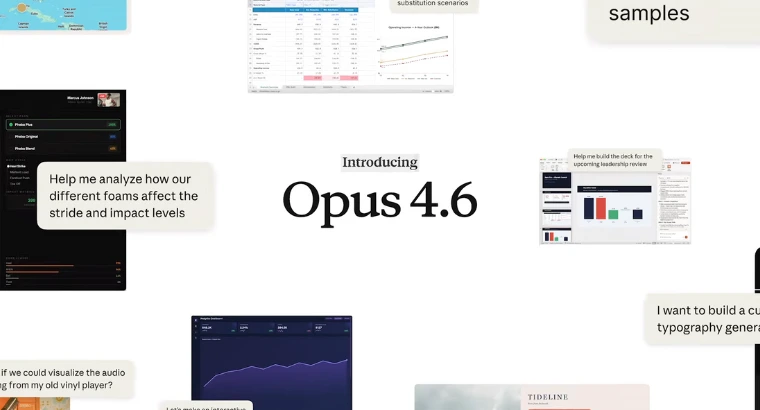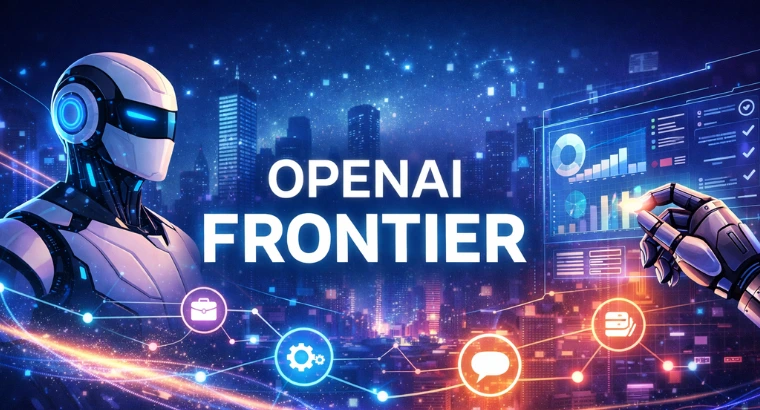
- OpenAI CEO envisions 2035 graduates launching solar system exploration missions
- AI technology could enable one-person billion-dollar companies within years
- Aerospace engineering jobs already growing faster than national average
OpenAI CEO Sam Altman has painted an optimistic picture for future college graduates, predicting they will land lucrative space exploration careers by 2035 while current workers perform “boring, old work” by comparison.
Speaking with video journalist Cleo Abram, the tech billionaire expressed envy for Generation Z professionals entering today’s quickly changing job market.
Altman projects that within a decade, recent graduates may depart on interplanetary missions aboard spacecraft.
His vision aligns with NASA’s Mars exploration timeline for the 2030s, though the scope of commercial space opportunities remains uncertain.
Current Space Industry Growth Supports Future Predictions
Aerospace engineering positions are already expanding faster than the national employment average according to U.S. Bureau of Labor Statistics data.
These specialized roles currently command annual salaries exceeding $130,000, providing evidence for Altman’s high-compensation predictions.
The space industry’s trajectory suggests growing demand for skilled professionals across multiple disciplines including engineering, mission planning, life support systems, and resource extraction.
Private companies are accelerating development timelines beyond traditional government programs.
OpenAI CEO’s forecast assumes continued technological advancement will create entirely new job categories focused on solar system exploration and colonization. Current aerospace growth patterns indicate this expansion could accelerate as commercial space ventures mature.
AI Revolution Enables Individual Business Creation
Following OpenAI’s latest model release, Altman described AI as equivalent to carrying “a team of PhD-level experts” in users’ pockets.
This capability allows individuals to launch companies that previously required hundreds of employees through proper idea development and AI tool mastery.
The CEO believes single-person operations can now achieve billion-dollar valuations while delivering exceptional products and services globally. This democratization of business creation could reshape entrepreneurship fundamentals across industries.
Billionaire Mark Cuban has extended this prediction further, suggesting AI could produce the world’s first trillionaire from someone working independently. The advancement of AI capabilities makes such scenarios increasingly plausible within current technological trajectories.
Workplace Transformation Through Automation
Microsoft co-founder Bill Gates has said that AI advancements are sure to reduce typical workweeks to two or three days as human work becomes increasingly less relevant to most work.
This would effectively reconstitute traditional employment contracts and pay structures.
Nvidia CEO Jensen Huang says his employees already possess “superhuman” capability with the integration of AI, with capability increasing as technology improves. The combination of human capability and AI assistance creates levels of productivity previously unimaginable.
These shifts in the workplace mean that future graduates will be employed in environments where AI does routine work and human beings focus on creative problem-solving and strategic decision-making.
Financial Effects on Future Graduates
Altman’s vision positions today’s college students in the position of being the “luckiest kids in history” due to growing opportunity in numerous areas.
Space travel is just one of the many lucrative professions created by technological innovations.
The convergence of AI potential and expansion in the space industry provides the foundation for pay rises above prevailing standards.
Space operations skills derived from AI could command the highest pay because they are rare and specialized.
There will be conventional careers rendered obsolete by emerging areas that evolve around space resource extraction, orbital manufacturing, and interplanetary logistics. The first movers that acquire the appropriate skills may reap out-of-proportion economic benefits.
Although Altman cannot know for sure how AI will ultimately develop, trends today run toward quick development of the space industry on his timeline. Private industry is already deeply invested in technologies required for extensive space operations.
